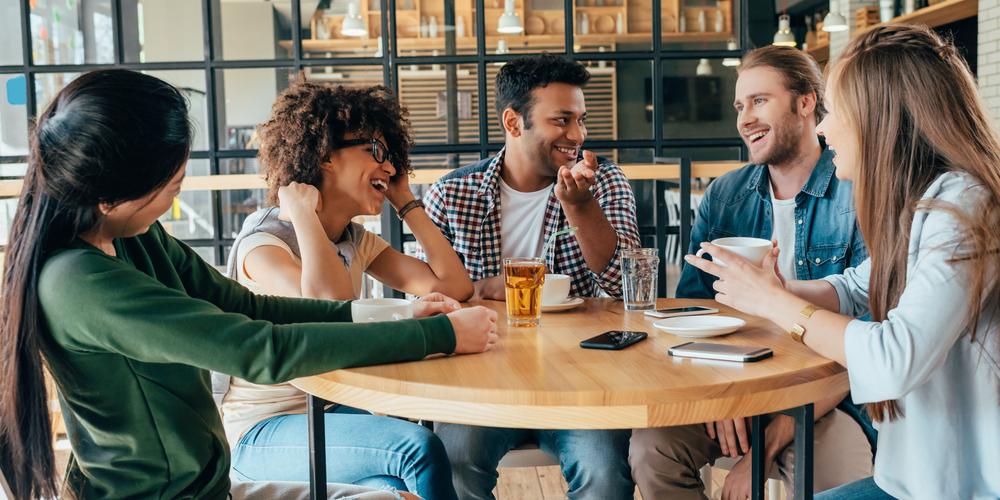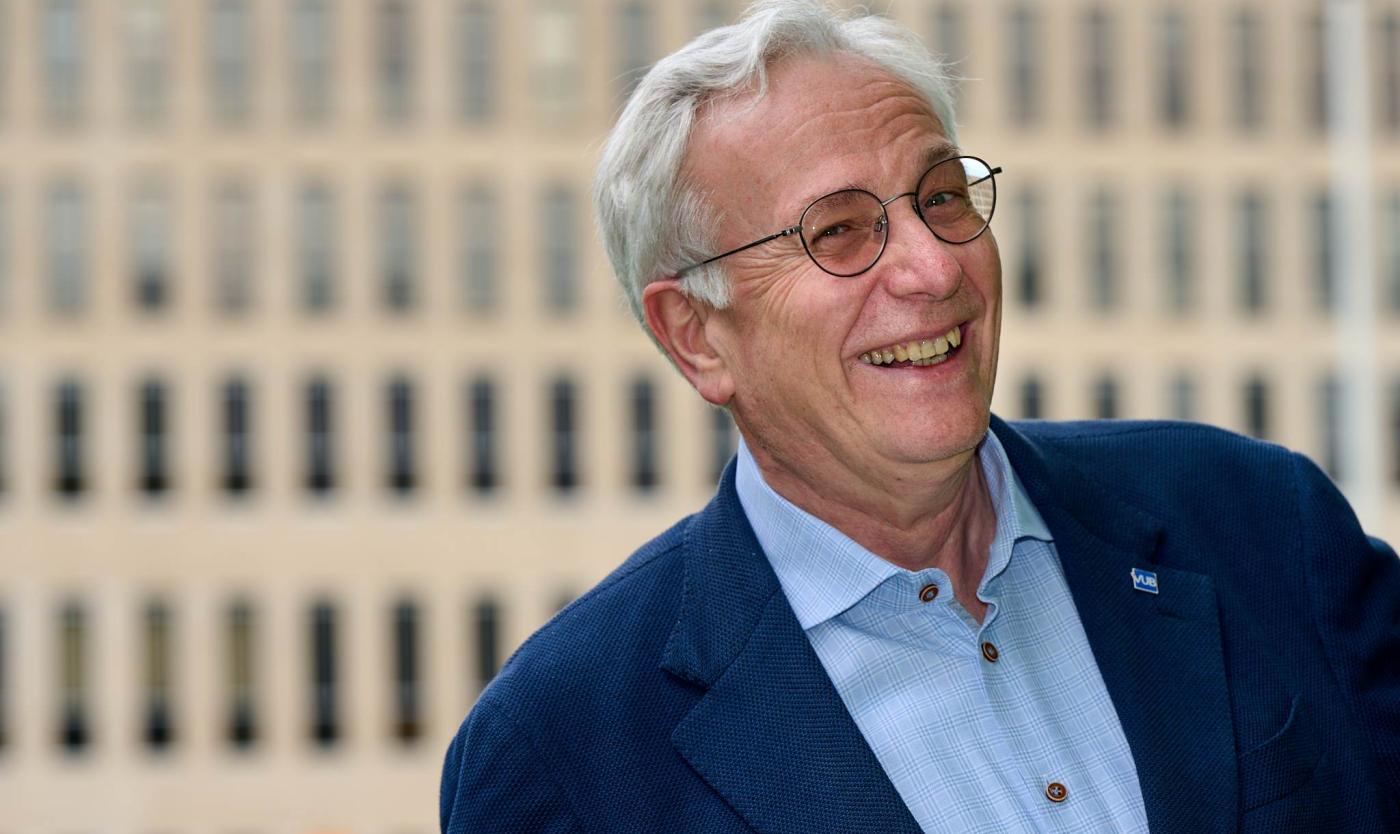
Professor of General Practice Medicine Dirk Devroey had resolved to not drink for a month. A very healthy plan, but perhaps not an easy task for someone who enjoys life. How did it go?
What was the hardest part of the past month?
Dirk Devroey: "Especially moments with friends were tough: watching football, for example. Occasions where you would normally have a drink. But actually, it was very successful in not drinking alcohol. The great thing was that people spontaneously joined in to support me and ordered a mocktail. Very encouraging."
Which parts of your body have recovered after a month?
"I haven't felt much of that, to be honest. I already had the habit of not drinking four days a week. What I did notice is that I've lost some weight. Previously, many Sunday afternoons were lost. During dinner, we would pour the glasses full. Afterwards, I often fell asleep on the couch. Now, I still have some of the day left."
What does 29 days of abstinence yield?
"I am less tired and can stay up longer. I am also more focused. If you have two glasses at lunch, you're less alert in the afternoon. My blood values are also better. I haven't measured them, but I know that for sure as a doctor. The same goes for the liver. After a month, the fatty tissue around the liver has significantly reduced. The uric acid level in your blood also decreases. Besides, you also have less painful joints. And we also know that not drinking has a positive influence on the red blood cells. Enough reasons to feel good. I have mainly learned that I can also relax perfectly well without alcohol."

"I've become very aware that I can also be happy without drinking."
Is this a lasting positive result?
"I've become very aware that I can also be happy without drinking. You don't need that glass after work. If you drink to feel good, that's the start of an addiction. We too easily forget that it's a hard drug, just like heroin. Alcohol is available on every occasion: lunches, receptions, at sports clubs, and birthdays. Just think of it, and alcohol is available."
Is it easier to drink less after a month of no alcohol?
"Through this exercise, I've become aware that it's doable. Now, I also more easily reach for non-alcoholic beer or wine. Times have also changed. In the past, you'd hear: have one, nobody will see you. Now, the reaction is positive. No one has persuaded me to have a drink. On the contrary, many people respected it. Nowadays, there are also many more non-alcoholic drinks available. At receptions, non-alcoholic options are readily available. Restaurants also offer tasty alternatives. It's liberating to realize that."